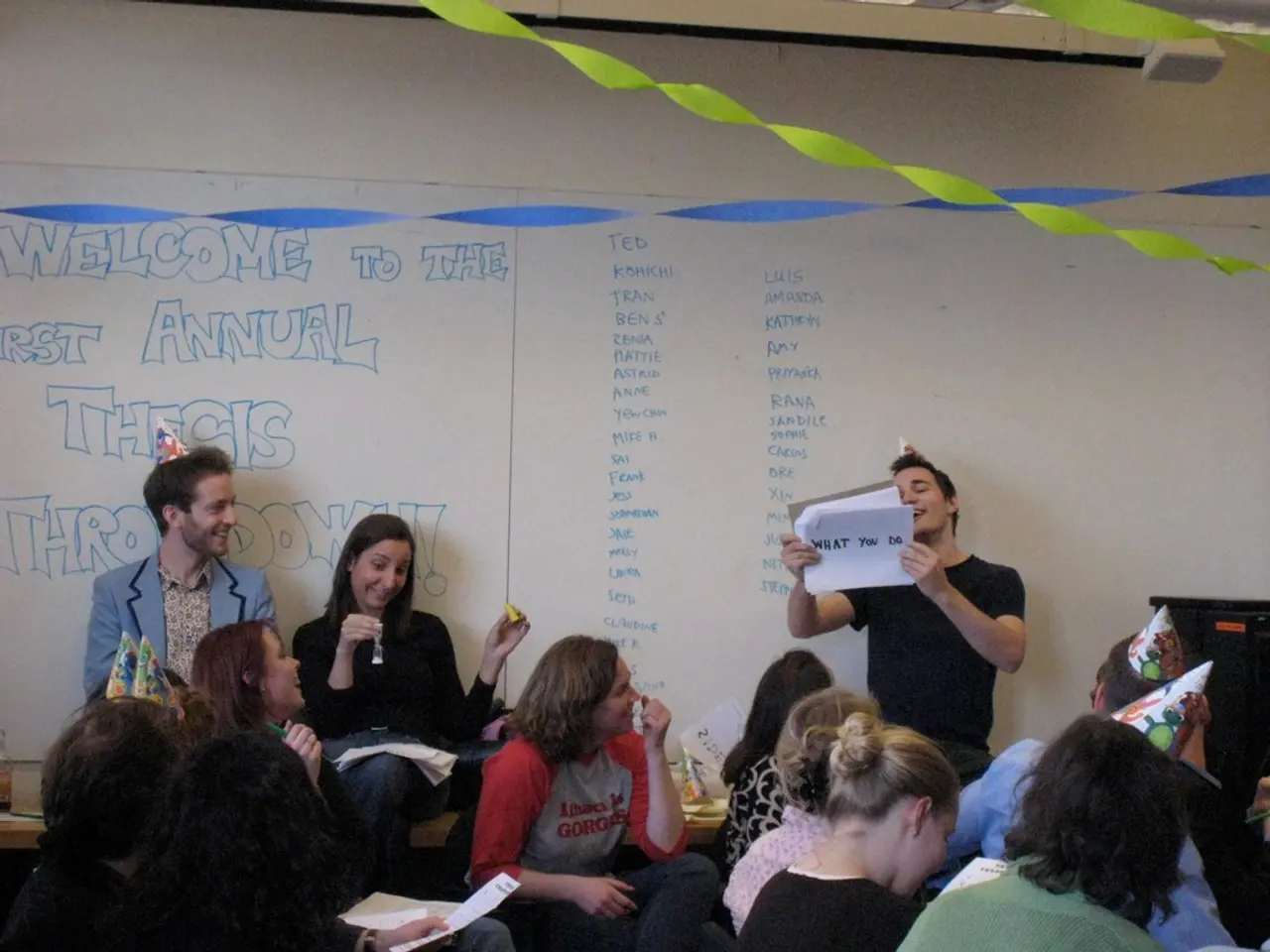Warning issued by Nagasaki about potential nuclear conflict on the 80th anniversary of the atom bomb
Commemoration of the 80th Anniversary of the Atomic Bombings in Hiroshima and Nagasaki
This week marked the 80th anniversary of the atomic bombings that devastated the cities of Hiroshima and Nagasaki in Japan. The solemn events were attended by thousands, including representatives from 94 countries and regions, as Nagasaki adopted a more inclusive approach this year, extending invitations to all nations with diplomatic missions in Japan.
The city of Nagasaki held a moment of silence at 11:02 a.m. (02:02 UTC/GMT) on Saturday to commemorate the 80th anniversary of the bombing by the US. Twin bells from Urakami Cathedral rang together for the first time since the bombing on August 9, 1945. One of the bells was restored by volunteers.
Hiroshima marked 80 years since the US dropped an atomic bomb on it earlier in the week. The explosion flattened more than two-thirds of the city. By the end of 1945, it's estimated that the death toll from the uranium bomb detonated over Hiroshima was around 140,000 people. Japan surrendered a few days later on August 15, 1945, ending World War II.
As of now, there are approximately 99,130 survivors of the two atomic bombs still alive in Japan, with their average age exceeding 86. Teruko Yokoyama, an 83-year-old member of a Nagasaki organization supporting survivors, emphasized the importance of "keeping records of the atomic bombing damages of the survivors and their lifetime story."
Japanese Prime Minister Shigeru Ishiba reaffirmed Japan's commitment not to possess, produce, or permit the introduction of nuclear weapons. However, Ishiba did not comment about Japan's refusal to sign or participate in the Treaty on the Prohibition of Nuclear Weapons.
The question of whether the world has learned the lessons of Hiroshima remains unanswered. In the years that followed, survivors faced side effects from the radiation, such as leukemia or other cancers and chronic diseases.
Japan’s current stance is that it does not sign or participate in the Treaty on the Prohibition of Nuclear Weapons (TPNW) because it relies on the U.S. nuclear umbrella for its security and seeks nuclear disarmament only within the framework of the Nuclear Nonproliferation Treaty (NPT), which includes both nuclear and non-nuclear states.
Ishiba's government will work to lead global efforts to achieve a world without nuclear war and a world without nuclear weapons. Despite this, the paradox remains where Japan calls for abolition while depending on nuclear deterrence for national security—the only country in the world to have suffered atomic bomb attacks.
Notably, Russia's ambassador to Japan and Israel's ambassador were expected to attend the commemoration event, but Russia and Israel, along with Belarus, were not invited to the 2024 ceremony. This decision was not explained publicly.
The commemoration events served as a stark reminder of the devastating consequences of nuclear warfare and the urgent need for nuclear disarmament. The survivors' stories continue to echo, urging the world to learn from the past and strive for a peaceful future.
- The commemoration of the atomic bombings in Hiroshima and Nagasaki was attended by representatives from 94 countries and regions, demonstrating the international importance of the event.
- Despite Japan's commitment to not possess, produce, or permit the introduction of nuclear weapons, the country has chosen not to sign or participate in the Treaty on the Prohibition of Nuclear Weapons, relying instead on the US nuclear umbrella for its security.
- The media coverage of the 80th anniversary of the atomic bombings in Japan highlighted not only the struggle of survivors but also the ongoing global debate about nuclear war-and-conflicts and the need for nuclear disarmament.
- As the world marks the 80th anniversary of these events, questions about whether the lessons of Hiroshima have been learned remain unanswered, with continued threats of nuclear war-and-conflicts and the persistence of politics surrounding nuclear weapons.
- The political landscape of Asia, especially in relation to nuclear matters, was put under the spotlight during the commemoration events, as the international community acknowledged Japan's role in shaping the future of world politics and general-news within the context of war-and-conflicts.








